Question And Answer
Publications
Articles, publications, books, tools and multimedia features from the U.S. Institute of Peace provide the latest news, analysis, research findings, practitioner guides and reports, all related to the conflict zones and issues that are at the center of the Institute’s work to prevent and reduce violent conflict.
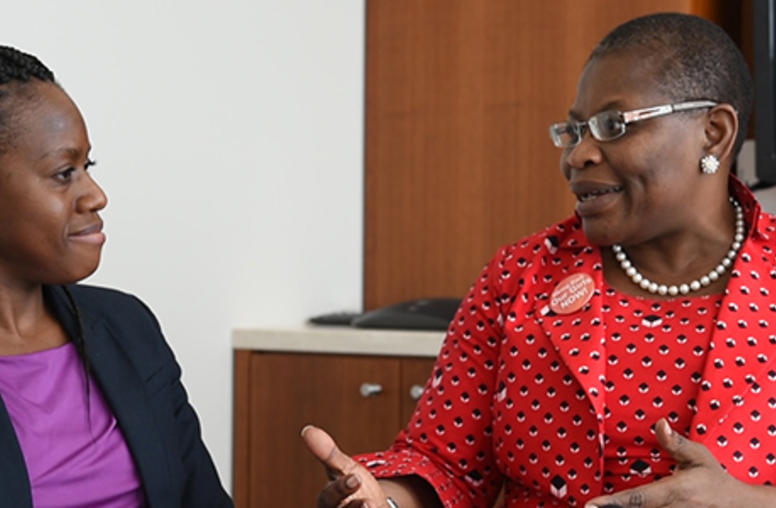
Nigeria, On Cusp of Buhari Inauguration, Finds Voice, Activist Says
As Nigeria prepares to swear in President-elect Muhammadu Buhari this week, former Cabinet Minister Obiageli Ezekwesili says the new leader will need to “stop being a candidate…and reconcile the entire country.” Nigerian citizens will no longer idly wait for their government to take action, but will demand more accountability, she said in a videotaped interview with USIP Program Officer Oge Onubogu.
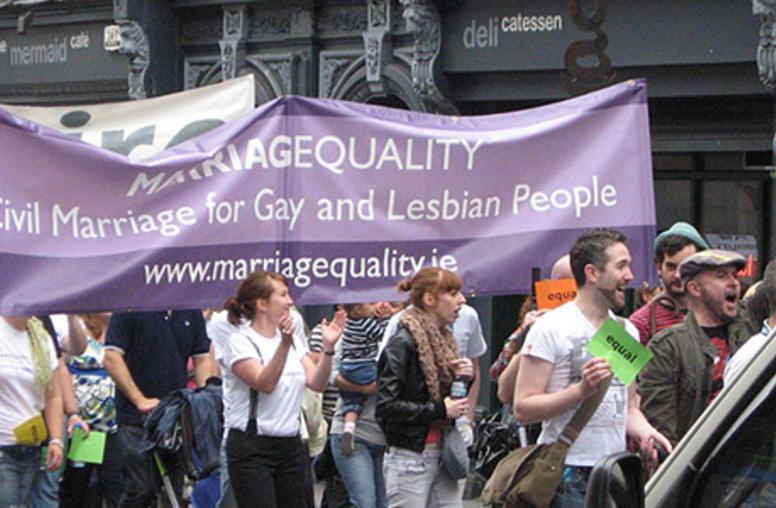
After Ireland Vote: Various Roads to LGBTI Rights
Following Ireland’s constitutional referendum to legalize same-sex marriage, the newly appointed senior U.S. diplomat on human rights for gender minorities said he is “incredibly optimistic” about the prospects for the global campaign to guarantee such protections. Still, U.S. Special Envoy Randy Berry and an international group of activists said May 26 that gender-rights movements in many countries face tougher political landscapes than in Ireland and must rely heavily on more legalistic app...
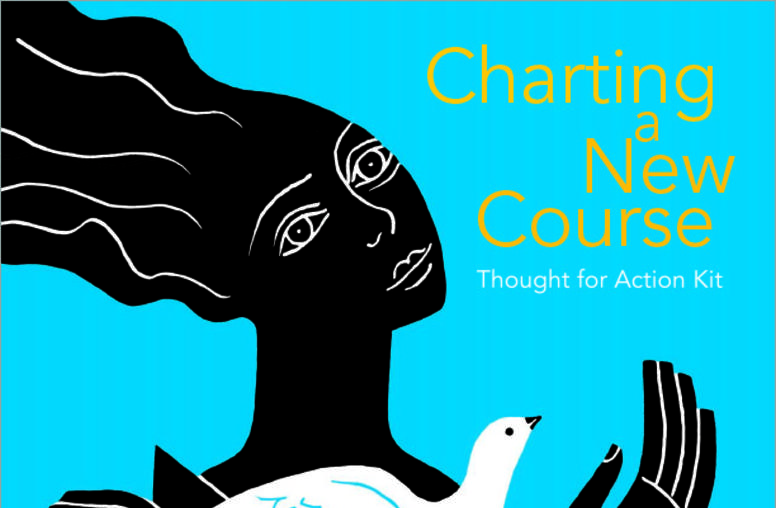
Women Preventing Violent Extremism
The Women Preventing Violent Extremism Thought for Action Kit is intended to engage discussions on key issues related to the role of women and preventing violent extremism (PVE). This document is for policy makers, practitioners and academics who are interested in understanding “why gender matters” in preventing violent extremism. We think of it as a thought kit more than a tool kit, that is— a collection of experts’ essays and practical exercises designed to help guide local activists and pr...
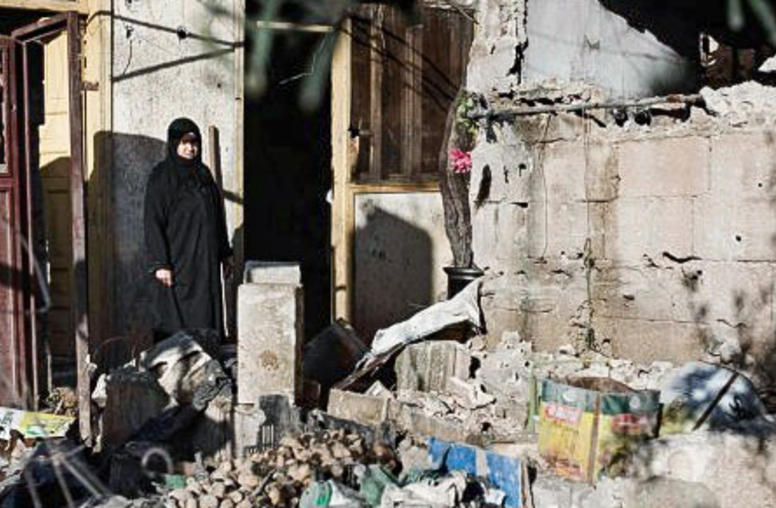
The Women in the Middle of the War
Rampant sexual assault has unmade allegiances in Syria's civil war -- and it may well get worse no matter which side wins.
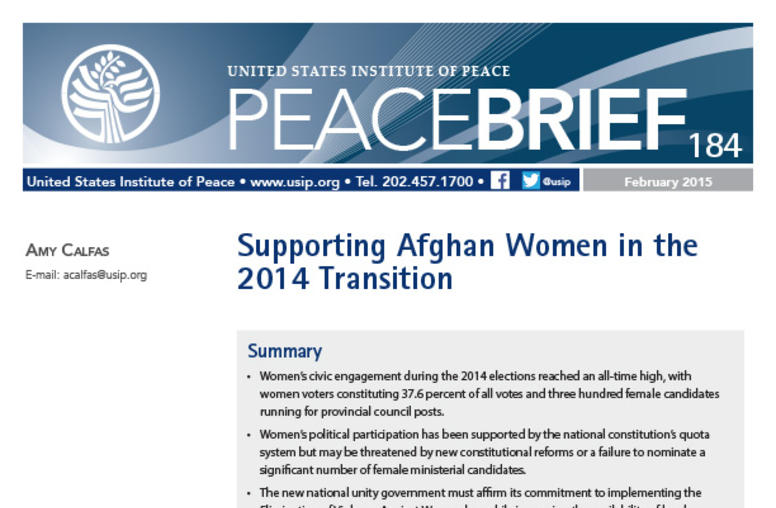
Supporting Afghan Women in the 2014 Transition
The 2014 elections in Afghanistan saw great promise for advancing the status of women, with unprecedented voter turnout among women and powerful rhetoric from presidential candidates. As the new administration sets its agenda, this report offers guidelines for Afghan leaders to fulfill their campaign promises by strengthening women’s political participation, access to justice, and involvement in the security sector.
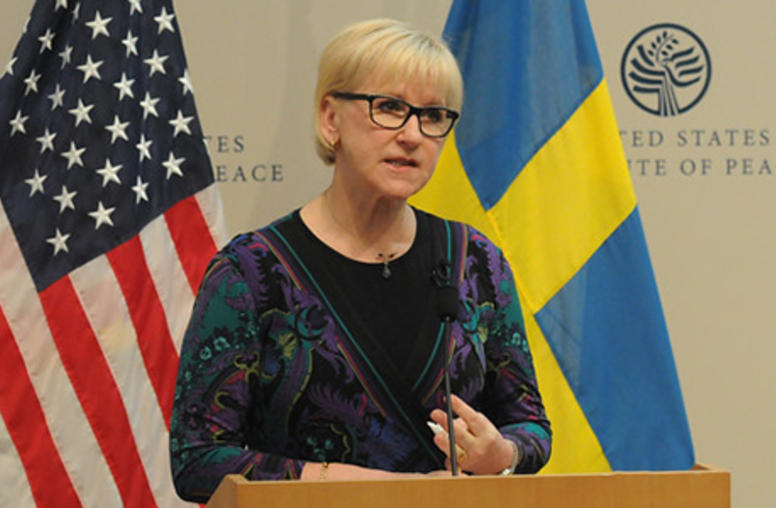
Sweden’s Foreign Minister Explains Feminist Foreign Policy
When Swedish Foreign Minister Margot Wallström announced last year that her government would pursue a “feminist foreign policy,” the idea “met with considerable derision,” she says. “We call it the giggling factor.” And where the response was not quiet laughter, it was often confusion, including in Washington. “No one knows what this means” for Sweden’s approach to conflicts such as the Russia-Ukraine war, a Foreign Policy headline declared in December.
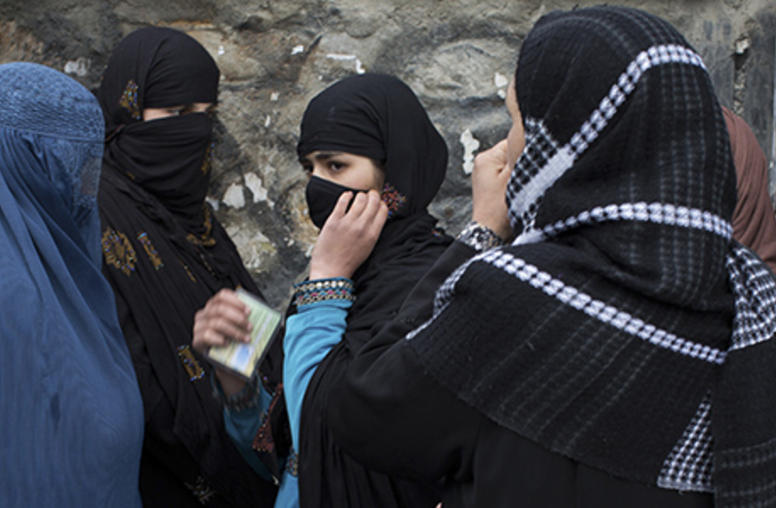
Q&A: The Future of Justice for Women in Afghanistan
The risk of backsliding in the status of women in Afghanistan after 12 years of significant strides is one of the biggest question marks surrounding the country's prospects amid the drawdown of the U.S.-led military coalition. Tim Luccaro, who has worked on traditional dispute resolution, women's access to justice and nonviolent conflict resolution in Afghanistan since 2010, considers what steps will be needed to secure the gains that have been made.
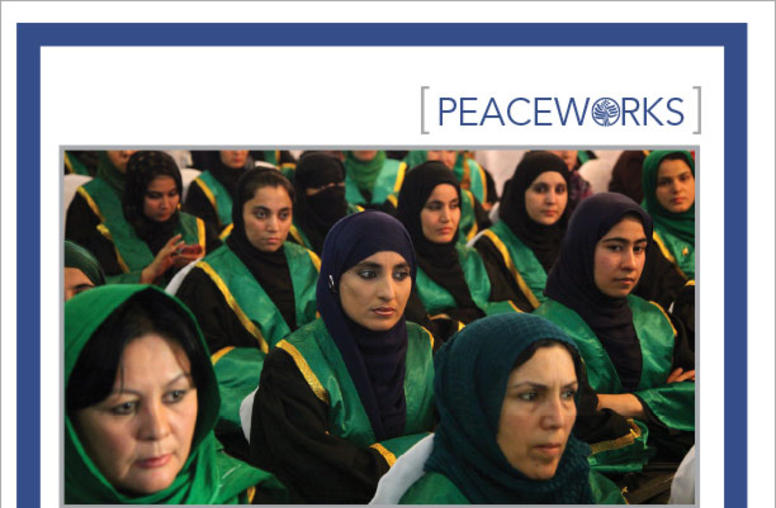
Women's Access to Justice in Afghanistan
Since the fall of the Taliban in 2002, gains in women’s rights and access to justice in Afghanistan have been remarkable, yet women’s rights remain extremely limited. How do women in Afghanistan seek justice when their rights are violated? What barriers do they face in pursuing justice or receiving a fair outcome? This report draws on interviews and focus group discussions held in Afghanistan in 2011 and 2012 to determine answers to these and related questions and to recommend ways forward. ...
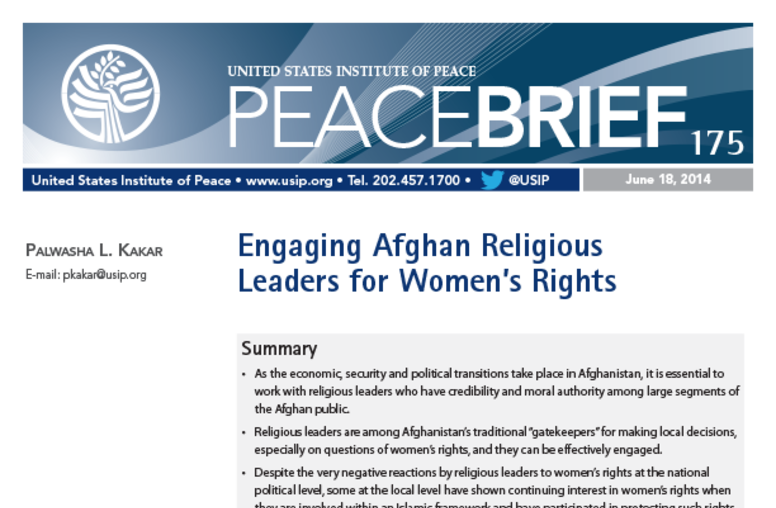
Engaging Afghan Religious Leaders for Women’s Rights
Women’s rights programs in Afghanistan need to work with religious leaders who have moral authority among large segments of the Afghan public. Engaging those traditional leaders who have a track record of supporting women’s rights begins with respecting their opinions and showing the patience to build trust through dialogue. It also requires supporting processes of change that are identified locally and ensuring that local partners take the lead role in the delivery of support as much as poss...
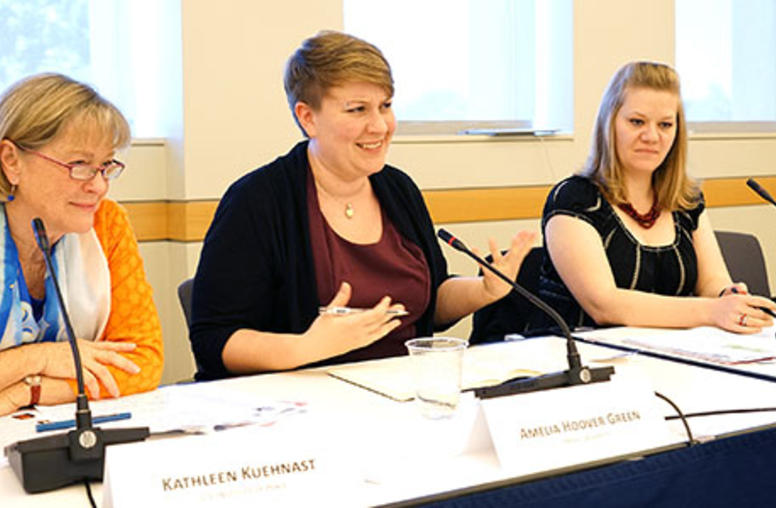
Ending Sexual Violence in Conflict? First, Understanding It
The Global Summit to End Sexual Violence, co-hosted in London this week by British Foreign Secretary William Hague and actress and United Nations envoy Angelina Jolie, will draw on research by young scholars who have documented the causes, responses and potential solutions in the Democratic Republic of Congo, Haiti, El Salvador and elsewhere. The researchers recently highlighted their significant and often unanticipated findings at the U.S. Institute of Peace.